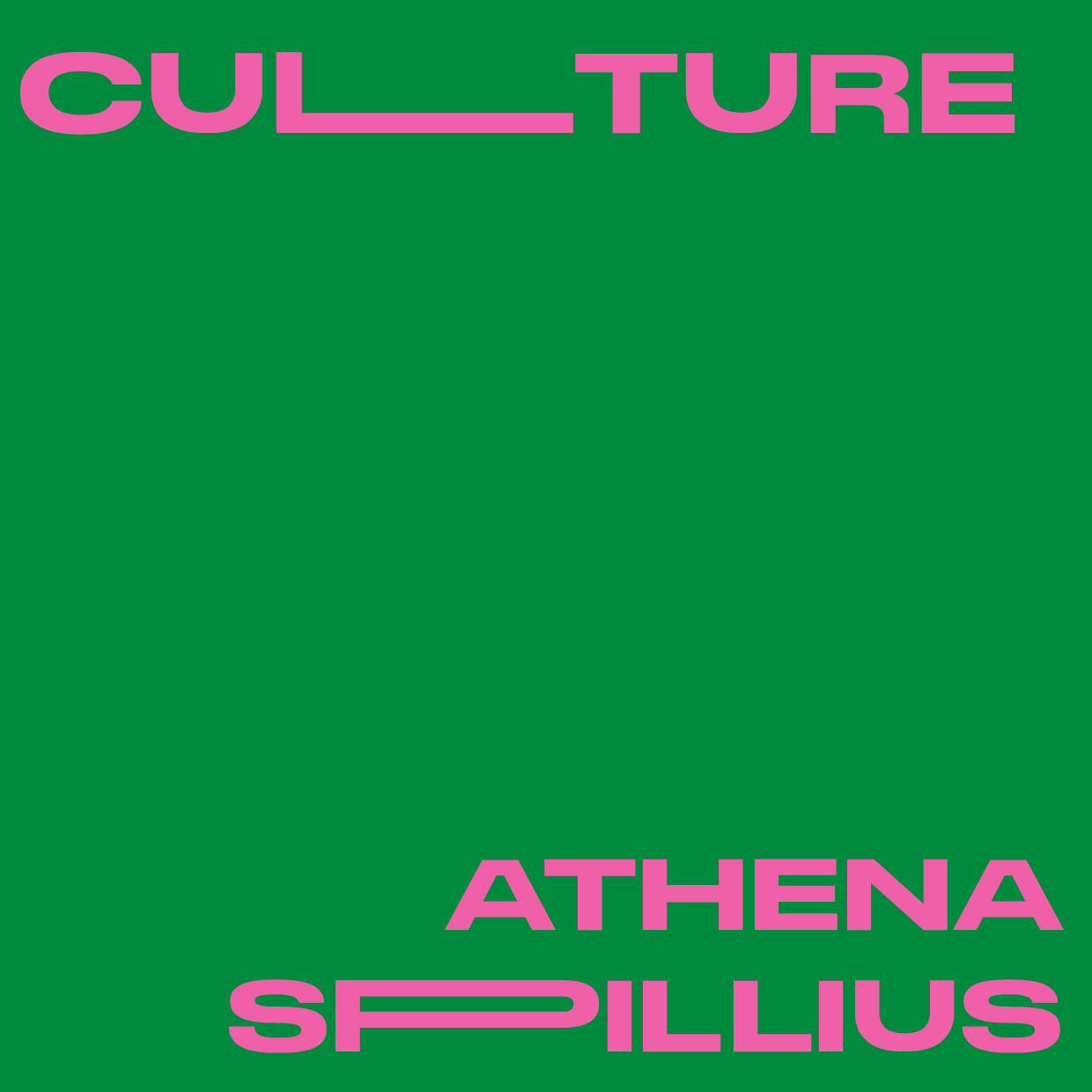Words: Athena Spillius (She/Her)
CW: sexual assault, homophobia, transphobia, cannibalism
When official justice systems fail the public, instead protecting privileged members of society, cancel culture can act as a form of vigilante justice which holds them to account. Without the mass rallying of people on social media denouncing the crimes and abusive actions of public figures, they would often escape unscathed. Surely abusers and bigots deserve to be ostracised? Cancelling can be far more than just moralising into the void; it can even lead to trials, convictions, and sentences. The #MeToo movement is a compelling example that proves collective action can hold people to account, and start conversations that contribute towards a cultural shift in attitudes and values.
Increasingly, however, cancel culture has become a meaningless buzzword, thrown at anyone disfavoured by the public. This undermines the original sentiment behind it. The far-right argument that cancel culture is an anti-free speech weapon, used by the ‘wokerati’, has become a tool for the rich and famous to position themselves as victims. People who say openly homophobic, sexist and racist things shouldn’t get away with it. Recently, comedian and actor John Cleese complained that he had been persecuted for his ‘anti-woke’ views. Can we all get out our tiny violins for John, please. Graham Norton responded, saying they were the complaints of somebody who has been able to say whatever they like all their life, and are only now facing accountability. He says the word for cancel culture ‘should be accountability’. It’s not a gag to free speech, merely a criticism of bigoted views.
Cancel culture has made examples of many celebs from Kanye to Katie Hopkins. Armie Harmer was obliterated after allegations of sexual harassment and cannibalism. His career ground to a complete halt, he was immediately abandoned by his agents, and his scenes in Taika Waititi’s upcoming film Next Goal Wins were reshot. Public shaming and cultural boycotting of celebrities, companies, and brands can provide satisfying punishment for heinous crimes. However, ordinary people are increasingly becoming targets of this vigilante justice, often for minor instances or complicated situations that have been hastily judged. This is supposedly why we have a judicial system, to punish people based on reason and evidence, not the capricious whims of the tyranny of the majority.
One drunken tweet can lead to someone’s entire career and reputation collapsing overnight. With people taking it upon themselves to call out any wrongdoing, sometimes things can get out of hand. Adam Smith, a young businessman from the US, posted a video in which he harshly berated a Chick-fil-A employee, saying ‘I don’t know how you live with yourself and work here’, after its president spoke out against gay marriage. The video went viral and his employer received death and bomb threats, leading to Smith being fired and forced to move house as he could no longer afford the mortgage. Is this kind of cancel culture fuelled by a real desire to root out evil, or is it for the adrenaline rush of watching the execution?
The act of cancelling someone is often more conceptual than real; for many lamenting that they’ve been ‘cancelled’, nothing actually changes. Have people really cancelled Kanye West, or just claim to on Twitter, while The College Dropout plays in their headphones. Another textbook case is JK Rowling, with her dogmatic TERF views. Rowling received a notable amount of hate online (and plenty of high profile defenders), but ultimately her platform hasn’t shifted, as she continues to publish novels and rake in royalties. Trans people on the other hand, are far more vulnerable to the resulting fallout from these online spats. Their protests against her achieve relatively little, while Rowling’s words harm and dehumanise an entire community. It’s the privileged who escape consequences and remain protected. Prince Andrew only had to cough up hush money and the problem skulked back into the shadows. The true victims of these situations are not the people who claim to be victimised, the celebs and powerful elites, but marginalised groups who are still subject to thoughtless discrimination.
Cancel culture began as a genuine cause to hold those in power accountable, and we need to make sure it doesn’t become just another internet fad. We should stop cancelling people arbitrarily for minor or non-existent crimes, such as Clairo for being a supposed industry plant. These campaigns only dilute the cause, allowing people to claim it represents the death of free speech. We must revert to the original purpose of exposing and punishing serious offences. Cancel culture does not signify the demise of free speech, rather accountability for what you say. In most cases, the effects of cancel culture aren’t permanent, but it does let people show those in powerful positions that they will be held accountable.

